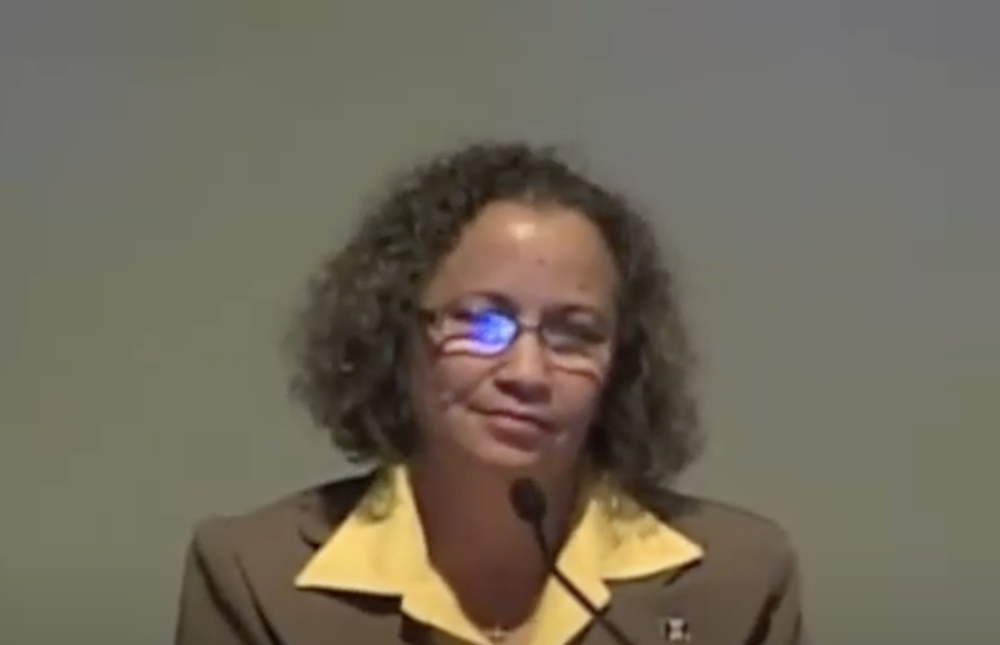Inclusion of Sign Language Urged in School Curricula After Hit-and-Run Tragedy in Barbados

December 13, 2024
Barbados Council for the Disabled advocates for sign language inclusion in schools following a tragic hit-and-run incident involving a deaf pedestrian. Improved communication crucial for deaf community safety and understanding in society.
In a heartfelt plea underscored by a road traffic death of a deaf pedestrian, the Barbados Council for the Disabled on Thursday urged the inclusion of sign language in school curricula to prevent further incidents that leave deaf and hearing-impaired people vulnerable.
The call for action follows the fatal hit-and-run of 64-year-old Cedric Beckles, a deaf man from Golden Rock, Pinelands, highlighting the urgent need for better communication and understanding within society.
According to police, at approximately 1:20 a.m., on Wednesday, Beckles was walking along Waterford Boulevard, just 150 metres south of the Clyde Walcott Roundabout, when he was knocked down. The vehicle failed to stop at the scene.
Roseann Tudor, the council’s operations manager, stressed the implication of miscommunication for the deaf.
She said: “Most of the blind would walk with a cane, so that is visible to people recognising that that person is blind, but a deaf person going along and looking just like anybody else.”
She explained that often people try to communicate with the deaf unknowingly, “because they can’t hear so they walk away and a simple thing like walking away, because the other person felt like they were ignoring them could lead to an altercation, it could lead to someone’s life being taken. So people need to be more aware. Do not stereotype an individual just because of their responses”.
While the national identification card includes information about disabilities, finding a visible, non-intrusive way to identify deaf individuals is a delicate issue for the council, as public identification could lead to vulnerability or exploitation.
Tudor said: “For some years, we’ve been trying to determine what’s the best identification that is not as straightforward as it sounds because identifying a person who is deaf can provoke any kind of wrong misguided altercation as well. You identify that you’re deaf, they can be taken advantage of.”
She noted that more disabled people are becoming empowered and are being included in society.
“We have to be more receptive, we have to be more understanding and empathetic,” she said, appealing for action.
Tudor pointed to the complicated nature of the situation, which she says can be solved with sign language being included in the curriculum of the Ministry of Education.
She said: Why can’t we pursue the learning of sign language in schools? It’s a language that our neighbours, our family speak, but we don’t push that kind of language enough, and it has to come from within the school system. It just can’t be, you know, I’m gonna go and learn sign language because it’s the thing to do when everybody is learning sign language. It’s a language that so many people are speaking; our deaf speak sign language.”
The BCD operations manager clarified that while a deaf person may not be able to speak legibly, they are not dumb and should not be referred to as such.
“We have to be more responsible citizens because more and more of our neighbours, friends, and families are having issues with disabilities, and they’re becoming more and more aware. I think when we become more aware, we know that we have to take action,” Tudor said. (LG)


